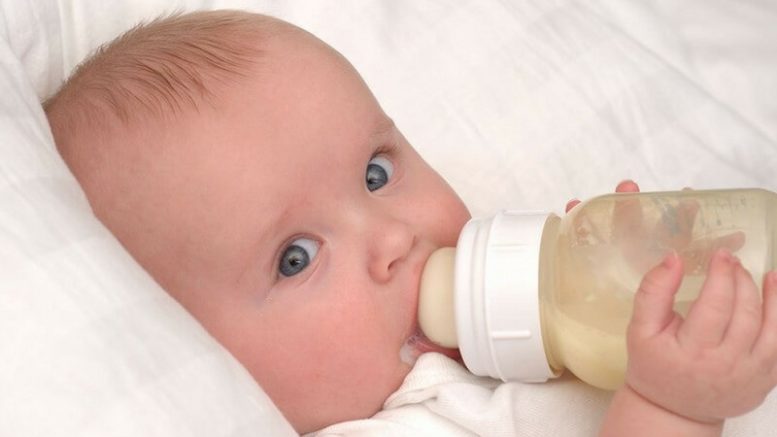Newborns need to eat pretty much constantly, in the begining of their life they eat every few hours, that’s because they can’t hold down much milk when they’re just a few weeks old because of their stomach can’t hold it down. It could take a few days for your newborn to wake up and ask for food and eat normally after his birth. Newborns not eating suddenly after that time should be evaluated by a doctor unless you’re feeding him too much so he doesn’t want anymore. There are some illness that cause babies to refuse to eat, you should call your doctor right away if this happens especially if your baby looks sick.
The Normal Reactions of newborns not eating
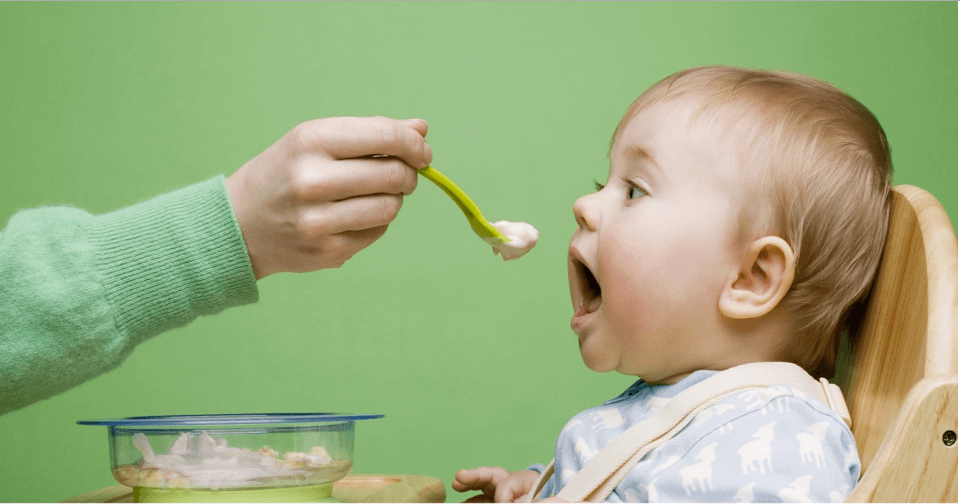
So newborns could take a few days before they start eating properly. The medications you take during your pregnancy and labor will greatly affect your baby even after he’s born. This happens because your baby’s immature liver can’t break the meds down still and even the fact he was just born could lead to temporary drowsiness, so a lot of times even after the baby is born he could be sleepy and uninterested in eating for the first day or so. This is all normal and you should not worry at all. If you’re trying to breastfeed you should know that the milk won’t come in until a day or two after the birth. Your baby will need only the colostrum you give and not milk or formula.
Maybe it’s an Infection
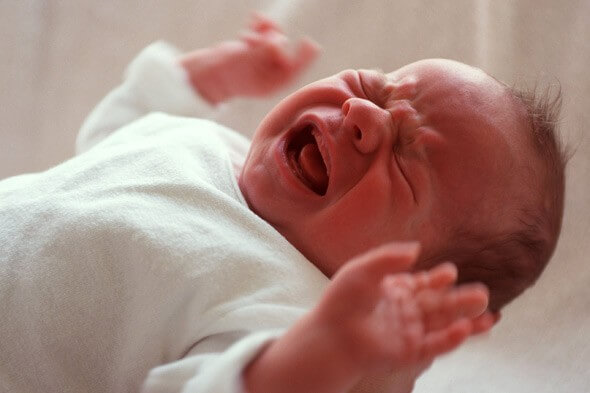
Another reason for newborns not eating is due to infections. When a baby has an infection he may become lethargic and refuse to eat completely. Unlike adults and older babies, newborns could sometime have low temperature rather than a high fever when they’re sick. Other symptoms of infections in babies are being floppy with bad muscle tone, there are cases where infections cause skin rash and shrill, high pitched crying and extreme irritability and unresponsive. Please note that infections in newborns is life threatening and you should go to the emergency room immediately after recognising the situation.
What is Jaundice and how it causes your newborns not eating
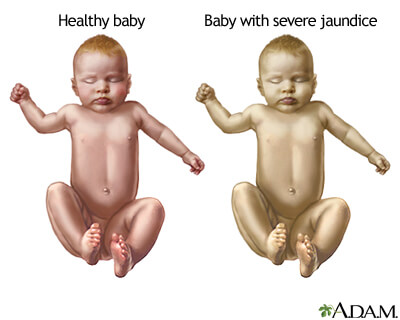
A Jaundice is a condition where the baby has high levels of bilirubin, a byproduct of red blood cell breakdown, in the blood causes jaundice. It is pretty common and roughly 60 percent of all newborns have some degree of jaundice, It’s comforting to know that most jaundice in just born babies resolves itself quickly with no intervention.
Just for FYI, a normal liver can remove bilirubin and shoot it out via the stool. However an immature liver or breakdown of a larger than usual number of red blood cells can cause this jaundice. Also note that if you or your baby have different blood types than your baby has a higher chance of developing jaundice. How to know if your baby has jaundice? Look at his skin and the white of his eyes and see if he has a yellowish shade.
If you see your baby being very sleepy, having poor muscle tone or he seems unusually stiff, he also could arch his back and neck, all these symptoms might indicate a problem and you should call your doctor immediately.
Hypoglycemia
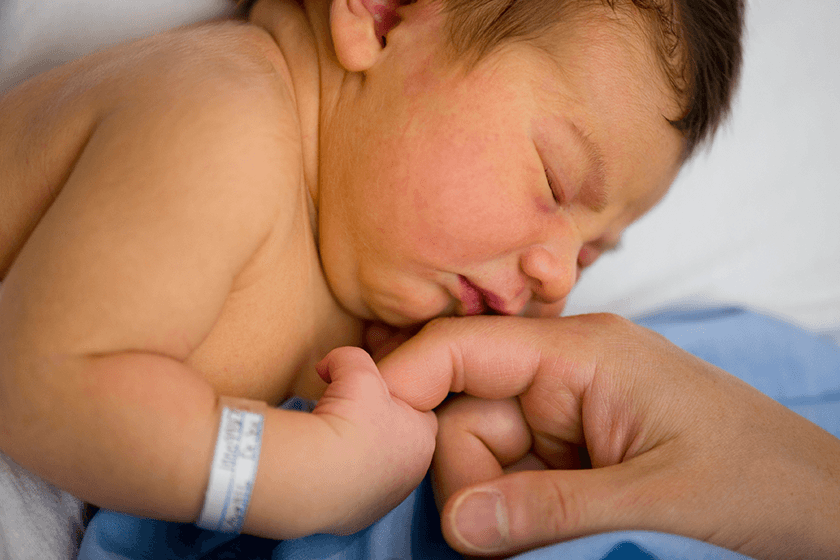
Hypoglycemia happens in 1 to 3 out of 1,000 newborns when they experience a drop in blood sugar levels after their birth. It most often happens in large babies and when the mother had diabetes, this includes gestational diabetes, premature infants, septic babies or babies with a certain genetic disorder.
The symptoms of a baby with low blood sugar may not want to eat and become lethargic. The baby may also become irritable and jittery. He may also turn blue because of lack of oxygen and stop breathing all together for short periods of time. Your doctor should take blood to see and test the glucose levels and he will give the baby sugar water via an intravenous line if the baby won’t drink.

